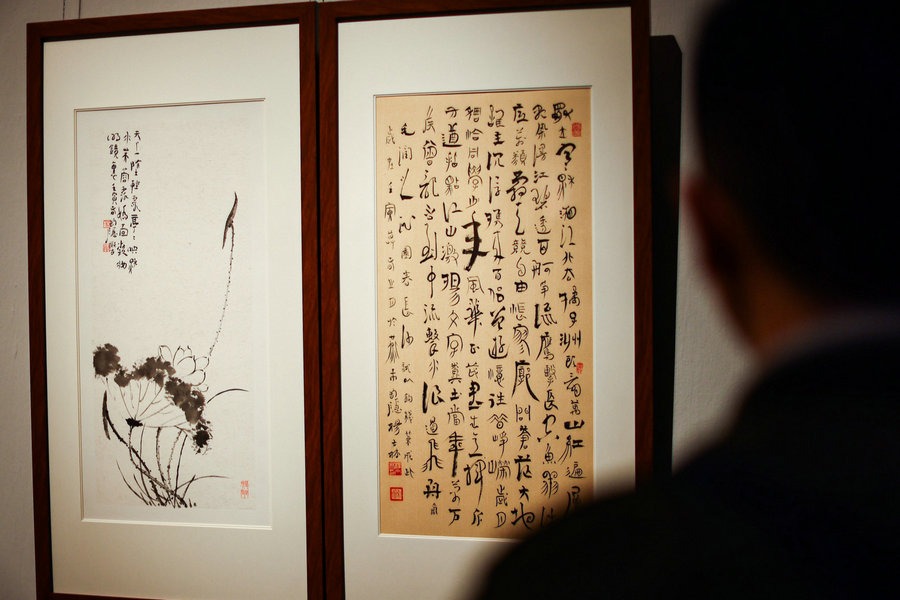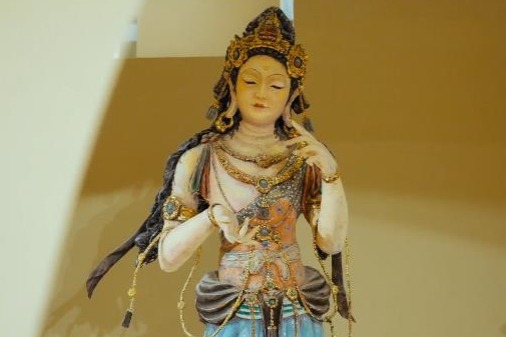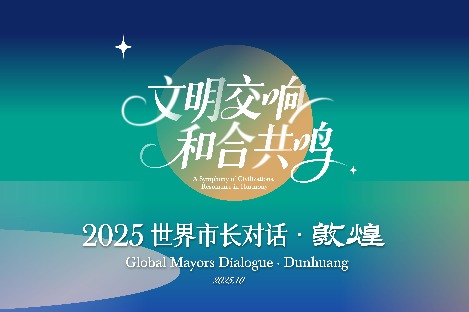Intellectual rigor of Zhu Xi wins acclamation

 Xie Xiaodong.CHINA DAILY
Xie Xiaodong.CHINA DAILY
Zhu Xi, a representative of Neo-Confucianism, a cornerstone of traditional Chinese thought, stands out for his studies' comprehensive synthesis and profound influence, according to Professor Xie Xiaodong from the department of philosophy at Xiamen University.
Xie cited the comments of Huang Zongxi, a historian from the Ming and Qing dynasties (1368-1911) on Zhu's teachings, described them as "all-encompassing, meticulous, and comprehensive" and representing the culmination of Song Dynasty (960-1279) culture and broader Chinese intellectual traditions up to his time.
"Zhu's thought is not confined to pure Confucianism but absorbed elements from Buddhism, especially Chan Buddhism, as well as Taoist ideas, achieving a fusion based on Confucianism," Xie said. This openness allowed for a rich, inclusive system.
In terms of innovation, Xie pointed to Zhu's focus on li (universal principle) as a foundational concept, constructing a novel Neo-Confucian framework that marks the peak of ancient Chinese rationalism.
Additionally, the professor praised the rigor of the system of Zhu's ideology, saying: "It is highly systematic and logical, ensuring coherence and depth."
Zhu has close ties with Fujian province, where he was born and spent most of his life. Fujian played a crucial role in the development of Zhu's doctrine, often referred to as Minxue (Fujian School), so Xie called it the province's prime cultural brand.
Fujian mostly escaped the wars during the Song Dynasty, as it was far from the fighting, providing a peaceful environment conducive to intellectual growth, Xie said.
The province's advanced papermaking and printing industries during the Southern Song Dynasty (1127-1279) helped the spread of his ideas. Moreover, early scholars such as Yang Shi and You Zuo, disciples of the Cheng brothers, laid the groundwork in northern Fujian. Zhu's teacher, Li Tong, who was a third-generation disciple and also lived in Fujian, cemented this intellectual lineage.
Professor Xie said that Zhu Xi culture remains a vital cultural brand for Fujian and a significant part of China's heritage, offering insights into traditional values and their modern applications. This legacy continues to inspire scholarly and cultural exchanges today.
Leveraging its profound cultural legacy, Nanping in Fujian province is scheduled to host the Conference on Zhu Xi's Philosophy and Dialogue of Global Civilization from Saturday to Sunday, offering a high-level platform for international cultural exchanges and cooperation.





































